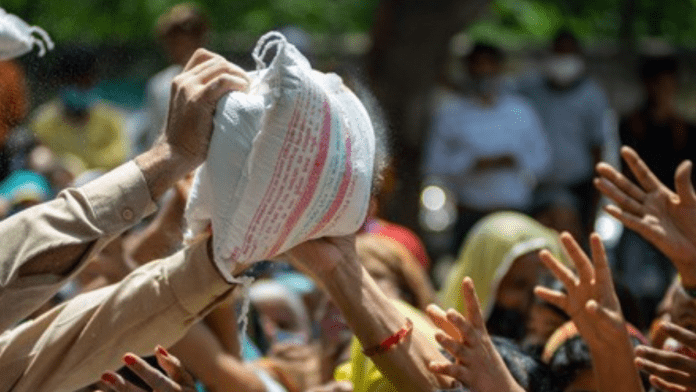News in brief:
– Global food prices, driven by factors like trade disruptions and adverse weather, continue to impact local farmers, leading to rising domestic food price inflation in both high and low-income countries.
– The World Bank, responding to the crisis, has committed $45 billion across 90 countries, implementing a comprehensive strategy that includes short-term relief measures and long-term resilience-building initiatives for affected farmers.
In the ongoing battle against rising food insecurity, recent data from the World Bank reveals a persistent challenge: domestic food price inflation continues to soar.
Across various income brackets, the struggle is palpable, with over 45% of high-income countries and nearly 58% of low-income nations experiencing inflation rates exceeding 5%.
Amidst this turmoil, the agricultural and export price indices have fluctuated. While the export index surged by 10% between 1 February 2024 and 15 February 2024, driven primarily by increases in cocoa and cotton prices, the cereal price index witnessed a modest 2% decline during the same period. Notably, maize and wheat prices dipped, contrasting with rice prices, which held steady.
Global concerns and World Bank’s response
The global market picture is marred by uncertainties, with disruptions in key trade routes compounding existing challenges.
Brazil’s soybean production, for example, faces threats from adverse weather conditions, further straining global food supplies. Closer to home, local farmers are grappling with the ripple effects of these global dynamics, facing delays in shipments and increased costs.
In a bid to address these pressing issues, the World Bank has stepped up its efforts, committing a staggering $45 billion to combat the crisis. Its comprehensive approach spans 90 countries and encompasses short-term relief measures alongside long-term resilience-building initiatives.
Notably, programs like the Rural Competitiveness Project in Honduras are empowering rural producers, while initiatives such as the Sahel Irrigation Initiative are bolstering agricultural productivity across regions.
Despite these concerted efforts, challenges persist. The recent surge in trade-related policies following geopolitical tensions underscores the need for a collaborative, global response. As countries grapple with acute food insecurity, the World Bank’s call for greater coherence between humanitarian and development financing resonates louder than ever.



